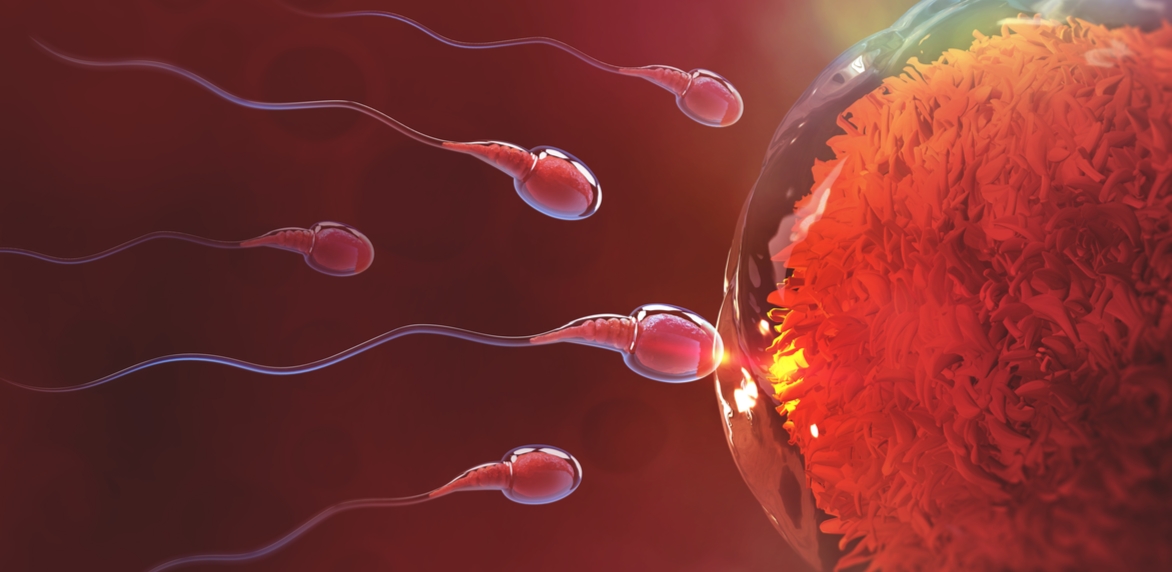Is technology one of the causes of the obesity epidemic?
Maybe, but probably not how you’re thinking?
The wonders of technology have many benefits, but with any action you’ll get an opposing reaction, and in some instances not always beneficial.
Health can be affected by a variety of factors; one that is currently being studied is the effect of sleep and our circadian rhythm.
Our 24-hour body clock cycle is tremendously important to keeping us fit and healthy, as it affects our hormones, eating habits and reduces the chances of us becoming ill.

It is thought that many of our metabolic pathways and enzymes perform most efficiently during daylight hours, with their ability to process and metabolise our food reducing after a 12-hour window.
After 12 hours our ability to process the foods that we eat such as carbohydrates gets reduced, and insulin sensitivity will increase.
This could be possibly why shift workers such as nurses are more likely to be overweight and have higher instances of being diabetic and developing cancer.
Which means staying up late checking your phone for emails, whilst snacking on a few late-night treats really will take its toll on your health.
As much as technology is a wonderful thing, there are, however, a few drawbacks to having electricity at the touch of a switch.

Fertility levels are dropping dramatically in Europe and the Western World. As much as poor dietary choices will have a major role to play. another factor to consider is lack of, or poor-quality sleep.
Our circadian rhythm is thought to regulate around 15-20% percent of our genome, but new studies point to the fact that it can also epigenetically change our genes, including those in sperm and egg DNA.
Not only are we damaging our own health, but in many instances, we’re passing on the negative health effects to our children, grandchildren and future generations.
A recent study at Ohio State University, found that hamster pups with weakened immune systems and impaired endocrine activity were born to parents that didn’t have a natural mix daylight and darkness before mating.
“Now, we’re seeing for the first time in these hamsters that it’s possible this damage isn’t just being done to the affected individuals, but to their offspring as well,” said senior study author Randy Nelson, professor and chair of neuroscience at Ohio State’s Wexner Medical Center.